From the Head of Junior School
Mr Joel Weekes

From the Head of Junior School
Mr Joel Weekes
Dear Parents, Carers and members of the St Gregory’s College family,
Welcome to the end of Week 2 and a great start to Term 2. It has been wonderful to see so many parents starting to come back on site and be a part of our wonderful learning environment. We have had some outstanding results on the sports field of late, which can be seen in Mr Howe’s article later in the Newsletter.
The thing that has set this term up for success is what is happening across the classes. In my regular classroom walkthroughs, I have the pleasure of seeing engaged classes that are buzzing with students and teachers focusing on learning. The PYP has certainly made an impact on our classes and to observe the balance of explicit teaching and inquiry has been refreshing to see in action. Well done to all the students and their amazing teachers!
The Junior School Playground
Moduplay have made great progress with our playground and the excitement is growing each day as the students see the development. I think I was asked by half of Kindy the first day if they can play on the equipment second break? Our three projects are not far from completion and I must say these play spaces will be so much fun for our Junior School students. I have a few photos below of the projects progress to date. Once the project concludes, I will be in contact so parents and carers can see our exciting new playground spaces.
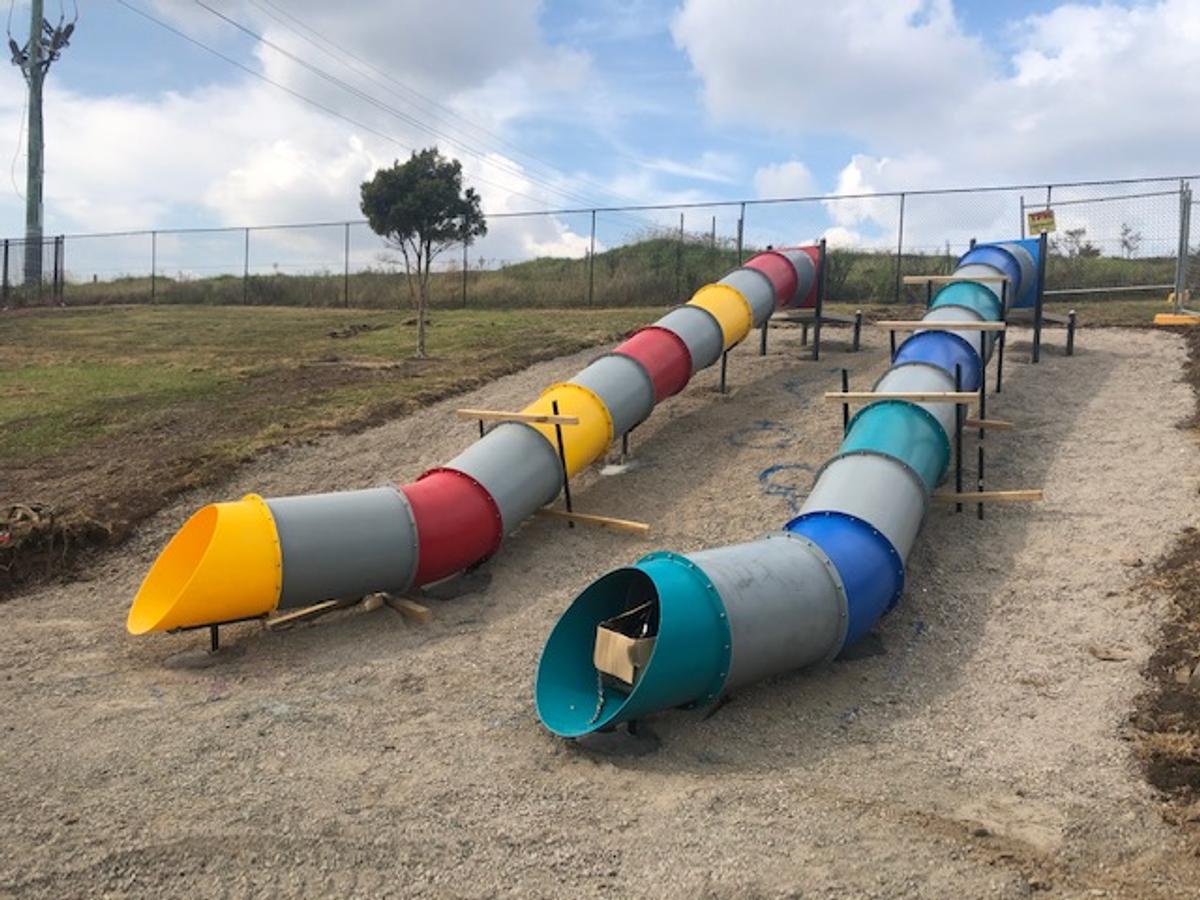

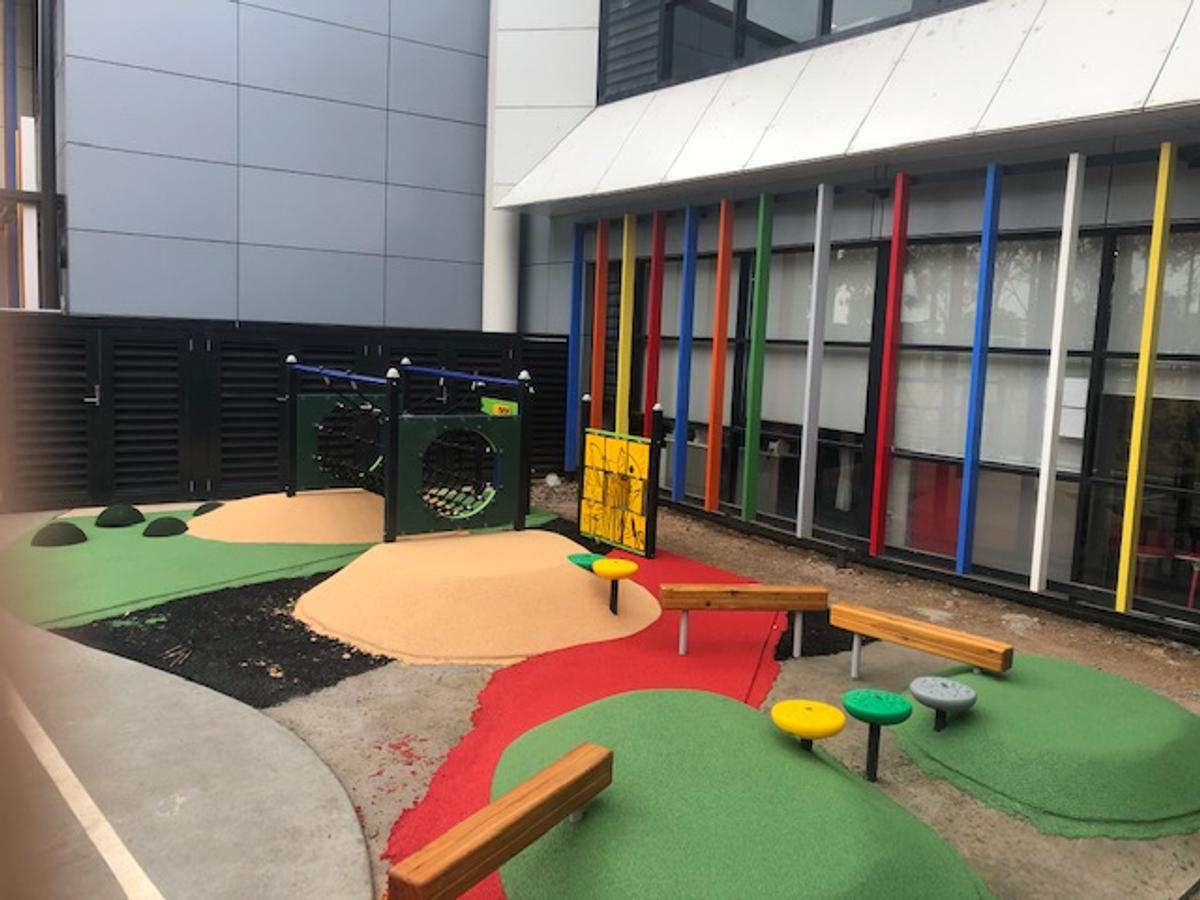

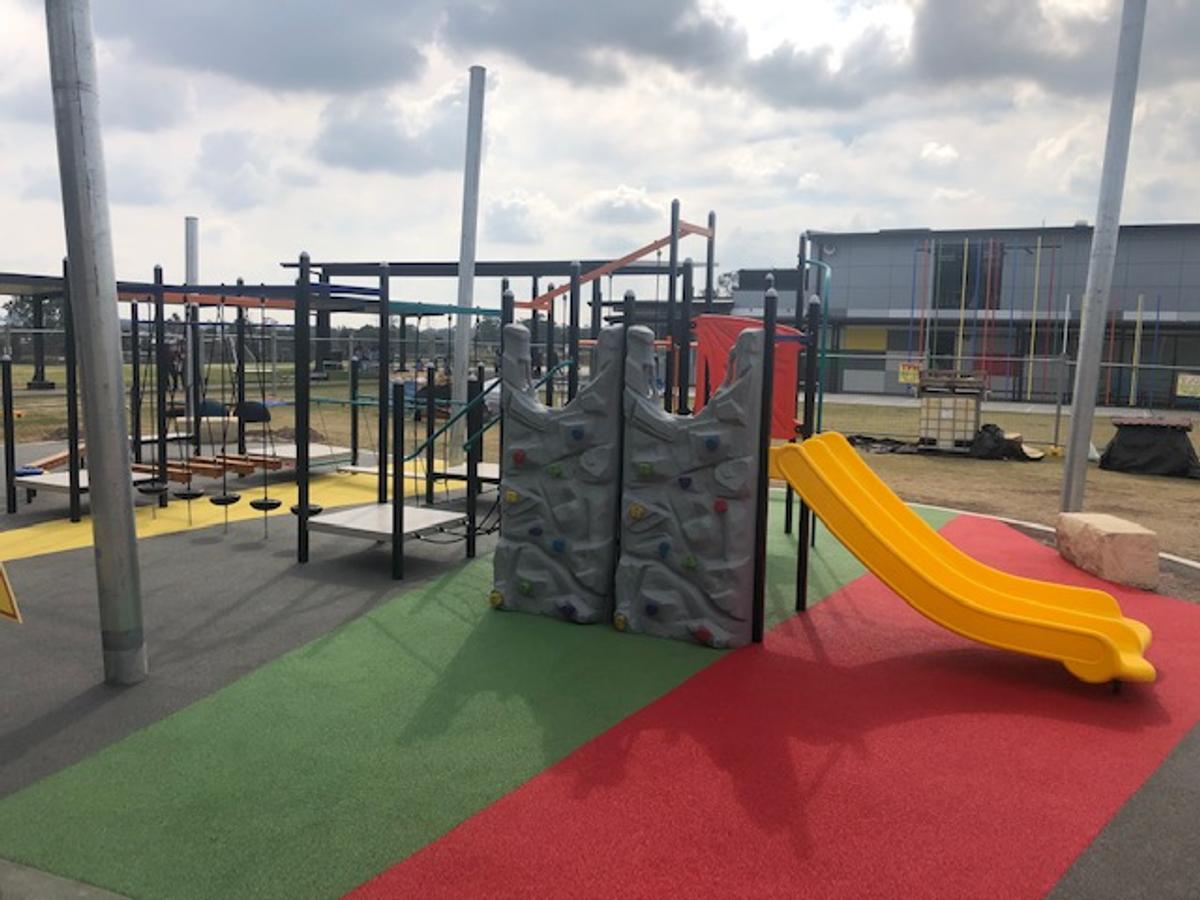

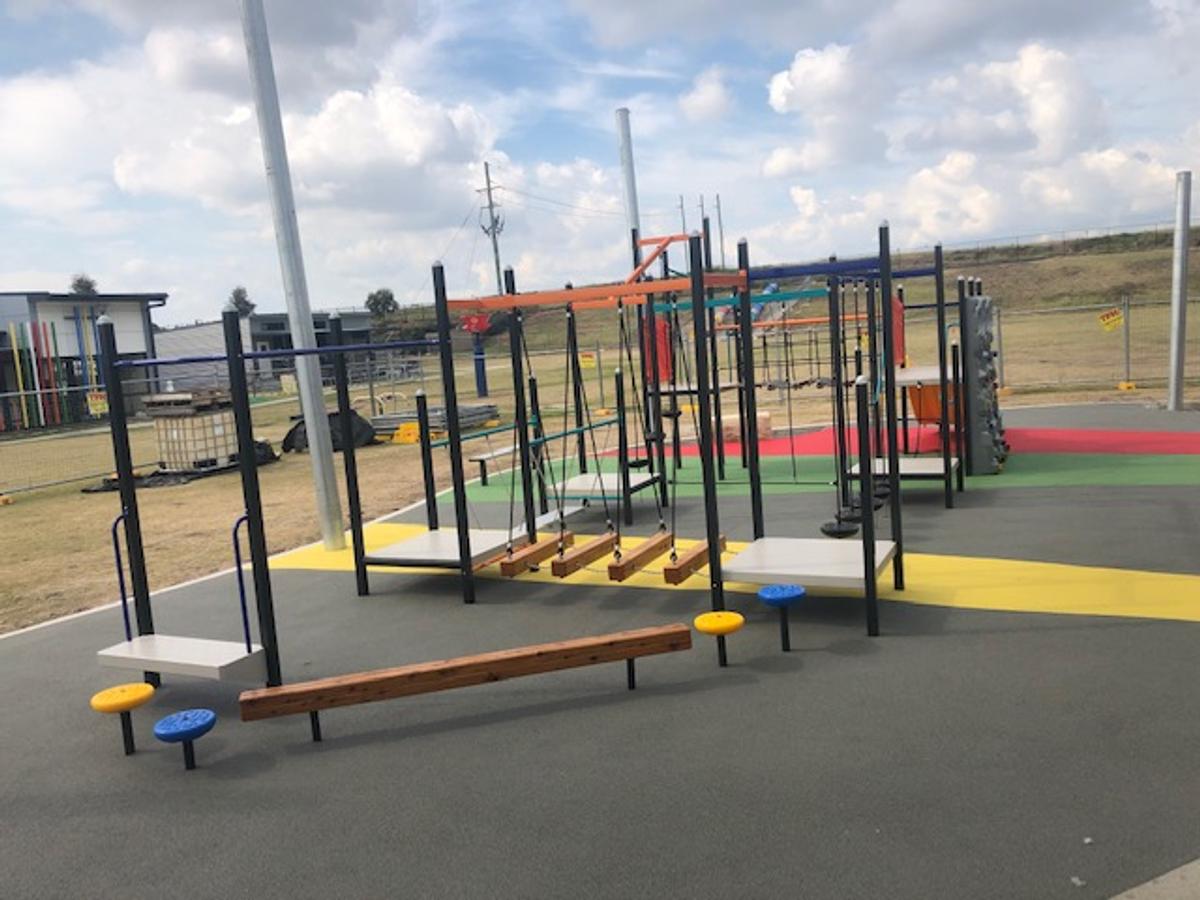

How to Develop Curiosity in the Junior Years
In the book Out of Curiosity, Bryan Goodwin says we must provide an environment to stimulate kids’ innate curiosity. “We
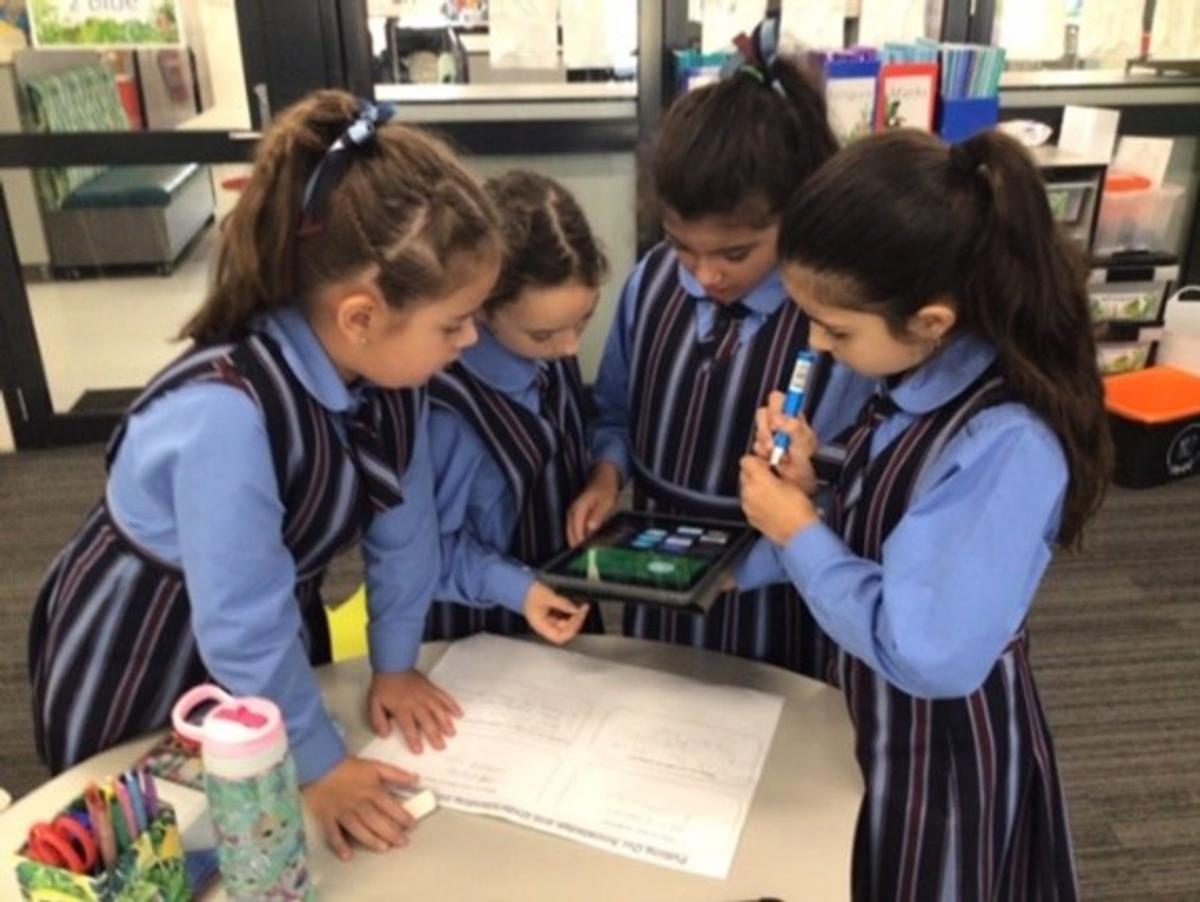

cannot make students become curious,” says Goodwin; “rather, we must lead them to it by creating environments and opportunities for curiosity to flourish.” This statement has not only made me reflect on my own kids’ curiosity but also the students of the Junior School as we develop their curiosity.
Goodwin envisions a number of “curiosity principles” for schools and parents to consider:
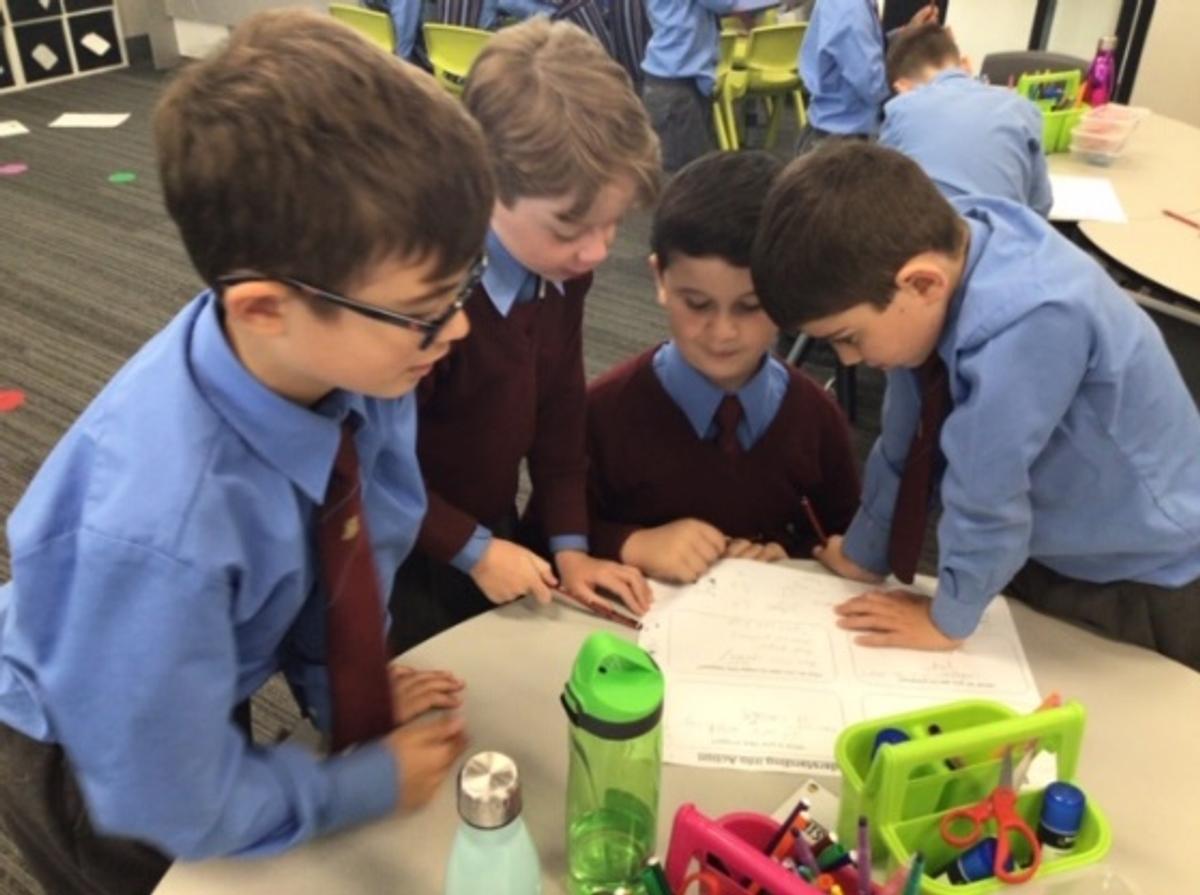

If you do get a consistent good, fine or okay response from your child then follow up with questions to elicit thinking and discussion: What was good about it? or What made it okay?
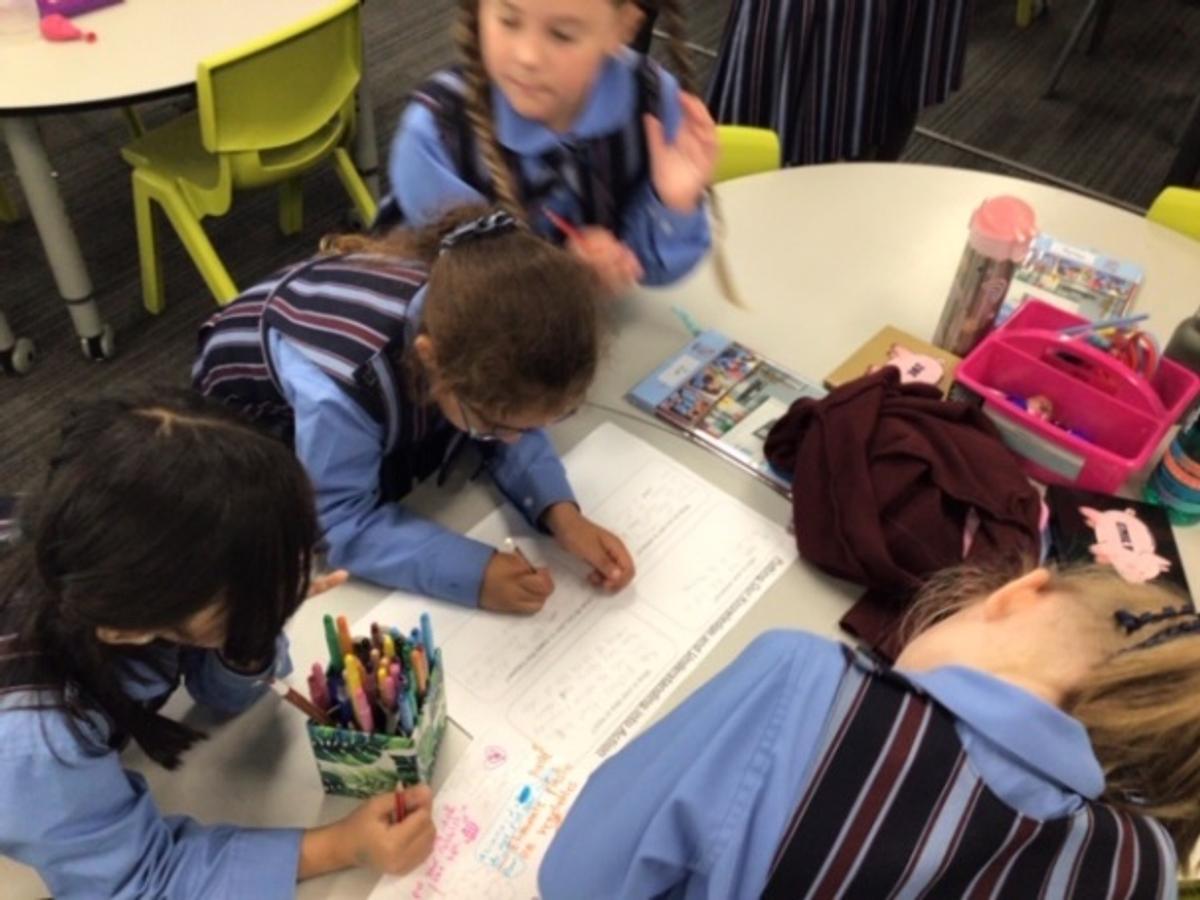

Our College motto speaks to us as a community and what a wonderful community of learners we have here at St Gregory’s College . . .
’You will reap what you sow’.


Mr Joel Weekes
Head of Junior School